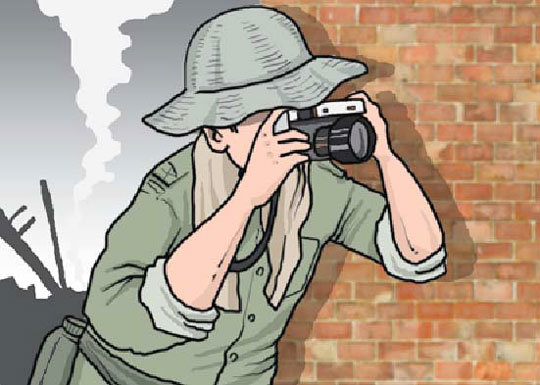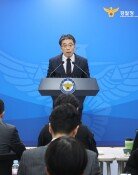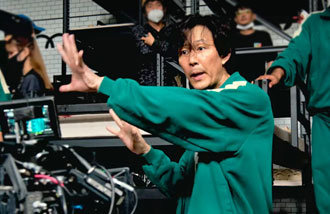Ethics of photography
Ethics of photography
Posted October. 17, 2018 07:54,
Updated October. 17, 2018 07:54

Donald R. Winslow, a famous photo journalism editor in the United States, received a phone call one day. The caller was Eddie Adams, an international photo journalist famous for "Saigon Execution." He sincerely asked Mr. Winslow not to mention "Saigon Execution" after his death.
He did not want to be remembered with a photo of a death of two people. The two people Mr. Adams referred to was Brigadier Gen. Nguyen Ngoc Loan and Viet Cong prisoner Nguyen Van Lem, who was shot to death by the general’s shot. Although only one person actually died, Mr. Adams thought that he killed the General with his photo. “Two people died in that photo. The general killed the Viet Cong and I killed the General with my camera,” said Eddie Adams. He blamed himself that he more likely killed the general as he was eventually emphasized as an evil person due to a violent image of a Viet Cong prisoner, who led the slaughter of innocent people, being executed. The general whom he came to know as a war photo journalist was not an evil person but the photo marked the general as such.
Although the photo received the Pulitzer prize by reminding people of how barbaric wars are and strongly supported those who oppose wars, the photographer did not want to be remembered with a horrific picture that made him guilty. “I have been receiving money for showing one person killing another person. Two lives were destroyed and I have been receiving money for that,” said Mr. Adams. Then, how did he want to be remembered? He wanted to be remembered with photos he took of boat people who were wandering on the ocean by escaping Vietnam immediately after the collapse of South Vietnam.
He wanted to be remembered as contributing for moving the United States Congress with his photographs to accept more than 200,000 Vietnamese refugees. Unlike what he intended, his phone call was fixed and consumed as another image and eventually arouse the danger of photo that only reveals one side of the story. This was the least ethical action he could take to look after others who were hurt by him.
Headline News
- Conflict mounts over removing rebellion crime from impeachment bill
- 55 percent of Seocho apartment transactions in October involved property gifting
- Richer people live up to nine more healthy lives
- Zelenskyy claims N. Korean troops lost heavy casualties in Kursk
- Man City secures 2 consecutive wins with Haaland leading the charge







